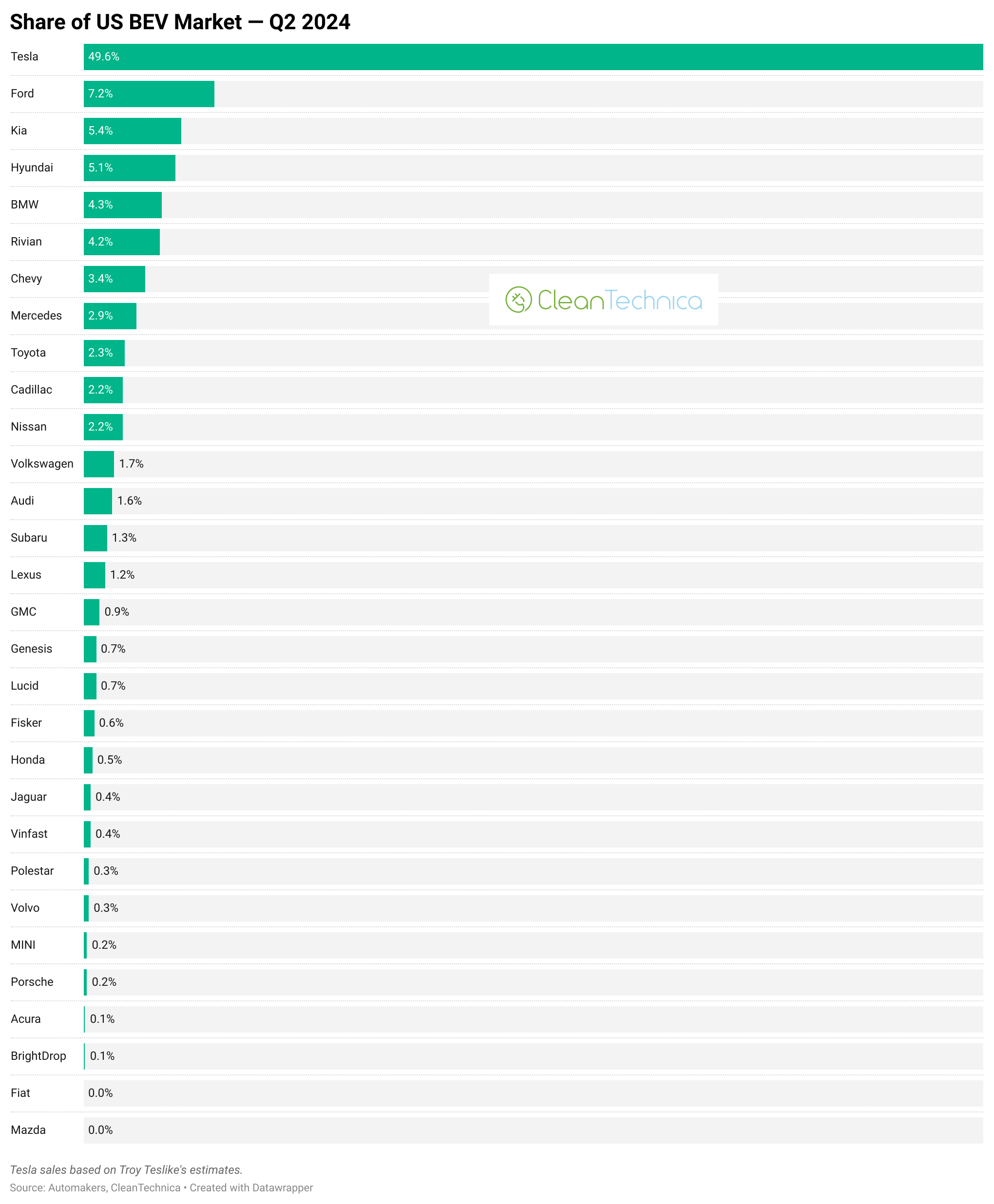Shoppers in the United States are generally aware of Black Friday—the day after the Thanksgiving holiday, when many retailers offer special, one-day deals and discounts. Lore holds that this late-November day got its name because it’s when many retail stores’ annual ledger sheets at last emerge from the red (meaning losses) and get into the black (meaning profits).
The considerable consumer attention on Black Friday has spurred similar marketing efforts tied to nearby days. The day after Black Friday has become known as Small Business Saturday—it got its start in 2010 as part of an effort by American Express to encourage shoppers to frequent small, independent stores. Two days after that comes Cyber Monday, which got its name in 2005 when the National Retail Federation noticed that many consumers continued to shop for holiday gifts online after the weekend had ended.
The latest entrant in this category of Thanksgiving-adjacent, calendar-linked marketing pushes is Travel Tuesday—a day on which shoppers can find deals on travel purchases such as hotel stays or airline flights. In a 2018 article, the New York Times credited the online-booking platform Hopper with popularizing the Travel Tuesday concept.
Over the past two years, Travel Tuesday has gained increasing interest from consumers who are on the hunt for travel bargains. Travel industry players can potentially benefit from paying close attention to this burgeoning phenomenon—which, in 2024, will occur on Tuesday, December 3—by finding ways to shape relevant promotions and campaigns around it.
Here are some Travel Tuesday data points to consider.
Travel Tuesday as a marketing concept is gaining traction. A day centered on travel deals seems like a potential fit for a moment when people are yearning to travel more than ever before but are often in search of discounts because of rising living costs.
Travel industry players looking for ways to embrace the Travel Tuesday phenomenon can consider the following possible actions:
- Travel companies can treat the Travel Tuesday marketing moment as an opportunity to help bolster revenue during the period between late November and early December, which otherwise tends to see low booking volume (as it’s a bit late for most traditional winter travel booking and a bit early for most traditional summer travel booking).
- Travel Tuesday can provide an opportunity for travel companies to create and promote travel packages (for example, a ten-day cruise, with flights included), since consumers have come to expect they will be offered deals on this day. Margin boosts might be attained through offers that include add-ons, such as rental cars or travel experiences.
- European travel companies can anticipate the possibility that Travel Tuesday will become a growing phenomenon in their region, given that other shopping days such as Black Friday and Cyber Monday have spread beyond North America and have found a foothold in Europe. European travel players might benefit from being early movers in recognizing and capitalizing on the trend.



